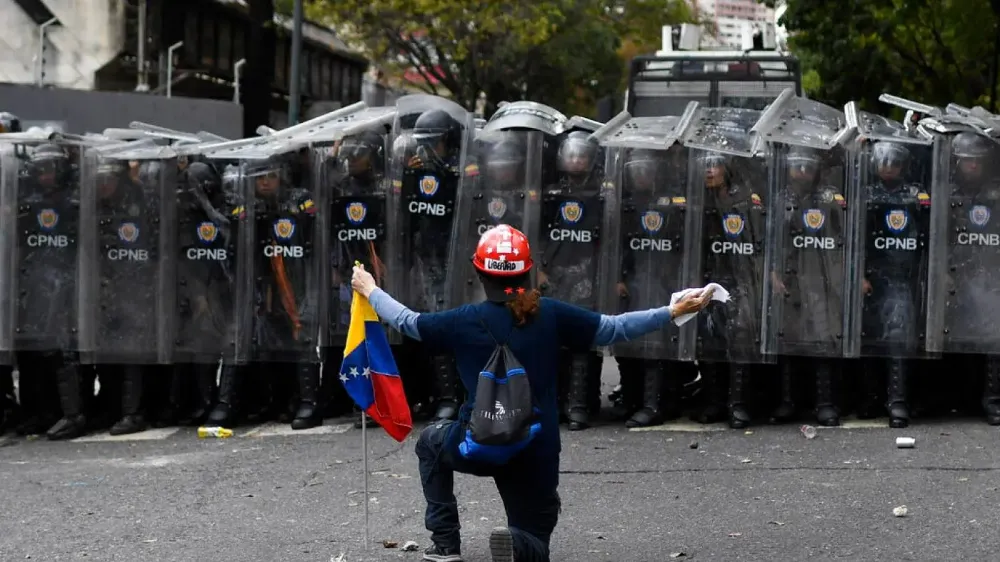16585,73%-1,05
43,92% 0,12
51,91% 0,09
7434,92% 1,41
11883,52% 0,57

MHA - While the U.S. is focused on its local events, global political developments are also making headlines. Venezuela and Nigeria have emerged as key topics in today’s social media and news cycles, drawing significant attention worldwide.
In Venezuela, the country continues to face economic hardships that have severely affected the daily lives of its citizens. The nation's struggle with hyperinflation, shortages of basic goods, and an unstable currency has led to widespread protests and unrest. As Venezuelans search for solutions, the international community has been closely watching the country’s economic reforms and political decisions. These ongoing issues have become a frequent topic of debate, sparking discussions across social media platforms as people share their perspectives on the situation.
Meanwhile, in Nigeria, political developments are creating ripples throughout both African and global news networks. With a focus on recent elections and ongoing power struggles, Nigeria’s political landscape has been characterized by heightened tensions. Reports of corruption, security challenges, and clashes between government forces and militant groups have placed the country at the center of global discussions on governance and stability. As Nigerians head to the polls, social media has been flooded with debates, predictions, and calls for democratic reforms.
Both Venezuela and Nigeria’s current predicaments have become trending topics on social media, with hashtags and discussions flooding platforms like Twitter, Instagram, and Facebook. These developments are not only capturing global attention but are also shaping conversations about political instability, economic crises, and human rights across the world.
As the situation in these two nations unfolds, it’s clear that their impacts extend far beyond their borders, influencing international relations and prompting wider calls for change.

Veri politikasındaki amaçlarla sınırlı ve mevzuata uygun şekilde çerez konumlandırmaktayız. Detaylar için veri politikamızı inceleyebilirsiniz.